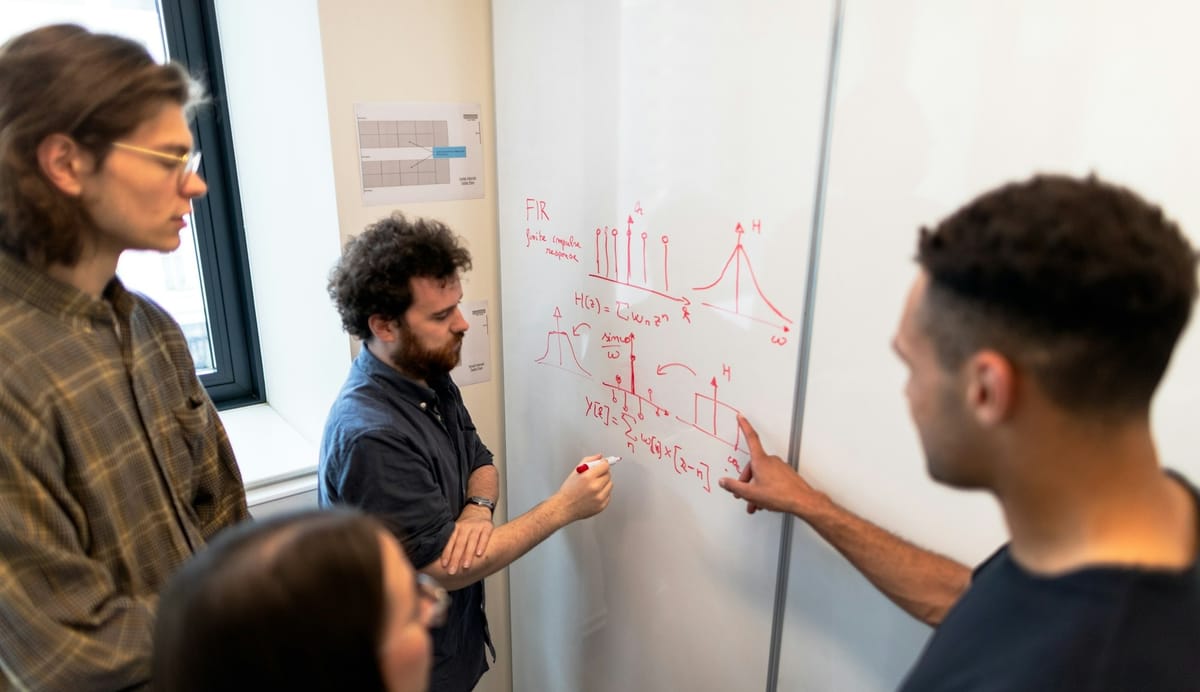Understanding Skills Assessment: A Comprehensive Overview

Skills assessment is a crucial process used across various fields to evaluate an individual's abilities, knowledge, and competencies. Whether in hiring, education, or professional development, skills assessments help identify strengths and areas for improvement, ensuring that the right person is equipped with the right skills for a specific role or task. This detailed overview breaks down the key aspects of skills assessment and its purposes, types, methods, benefits, and applications.
The Purpose of Skills Assessment
1. Recruitment and Hiring
- Selecting the Right Candidate: In the recruitment process, skills assessments determine whether a candidate possesses the necessary abilities to perform the job effectively. This helps employers make informed decisions, reducing the risk of hiring someone who may not meet the job’s demands.
- Job Fit: Beyond basic qualifications, skills assessments help employers identify candidates whose skills align with the specific requirements of a role, ensuring a better fit for both the company and the individual.
2. Employee Development
- Identifying Training Needs: Within organizations, skills assessments are often conducted to evaluate employees’ abilities, helping identify areas where further training or development is needed.
- Career Progression: Skills assessments can also assess employees’ readiness for promotion or new roles, ensuring that they have the necessary skills to succeed in more advanced positions.
Types of Skills Assessed
1. Technical Skills
- Job-Specific Abilities: These skills relate to specific tasks or roles, such as programming, data analysis, machine operation, or technical writing. Technical skills assessments help determine if an individual can perform the core functions of a job.
- Industry-Specific Competencies: Different industries require different technical skills. For example, a skills assessment in IT might focus on coding languages, while one in healthcare might assess medical procedures or patient care techniques.
2. Soft Skills
- Interpersonal Skills: These include communication, teamwork, empathy, and conflict resolution. Soft skills are crucial for collaborative work environments and are often assessed to ensure that an individual can work well with others.
- Leadership Abilities: Leadership and management skills, such as decision-making, delegation, and motivational techniques, are key for roles that require guiding teams and projects.
3. Cognitive Skills
- Critical Thinking and Problem-Solving: Cognitive skills assessments evaluate an individual’s ability to think critically, analyze situations, and solve problems effectively. These skills are important in almost every job and industry.
- Learning Agility: The ability to learn new concepts quickly and adapt to changing environments is another key cognitive skill often assessed in fast-paced or innovative fields.
4. Creative Skills
- Innovation and Ideation: In creative fields, skills assessments might focus on an individual’s ability to generate new ideas, think outside the box, and approach problems with innovative solutions.
- Artistic and Design Abilities: For roles in design, art, or media, assessments might evaluate skills in visual design, storytelling, or multimedia production.
Methods of Skills Assessment
1. Tests and Exams
- Standardized Testing: Common in educational settings, standardized tests assess a wide range of skills, from basic literacy and numeracy to specialized knowledge in fields like science or history.
- Certification Exams: Professional certifications often require passing exams that assess specific technical skills and knowledge in fields like IT, finance, or healthcare.
2. Practical Tasks
- Hands-On Assessments: These involve performing tasks that simulate real-world scenarios. For example, a software developer might be asked to write code or a mechanic might be asked to repair a machine.
- Project-Based Evaluation: In fields like design or marketing, candidates or employees might be asked to complete a project that demonstrates their skills and creativity.
3. Simulations
- Realistic Scenarios: Computer-based or role-playing simulations mimic real-life challenges, allowing individuals to demonstrate their skills in a controlled setting. This method is often used in fields like aviation, healthcare, and emergency services.
- Performance-Based Assessment: Simulations assess how individuals apply their knowledge and skills under pressure, providing a realistic measure of their capabilities.
4. Interviews and Portfolios
- Behavioral Interviews: These focus on how individuals have applied their skills in past experiences, often using specific examples to demonstrate their competencies.
- Portfolio Reviews: In creative fields, portfolios showcasing previous work are often used to assess an individual’s skills. This method allows assessors to see real examples of an individual’s abilities.
Skills assessment is an essential tool in ensuring that individuals possess the necessary abilities to succeed in their roles, whether in the workplace, educational settings, or personal development. By providing objective evaluations, skills assessments help organizations make better hiring decisions, tailor training programs, and foster continuous growth and improvement.




